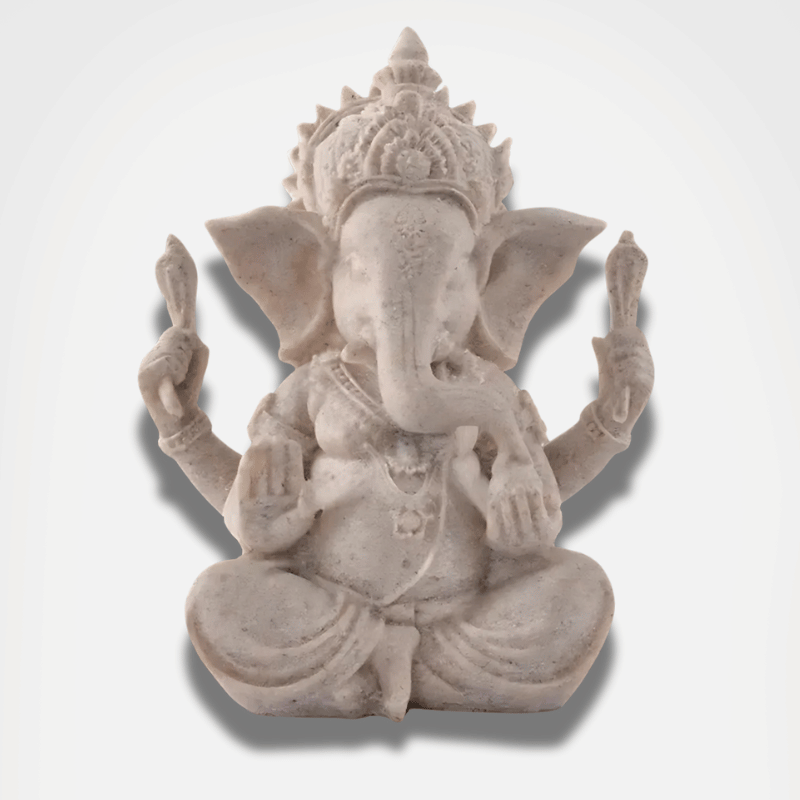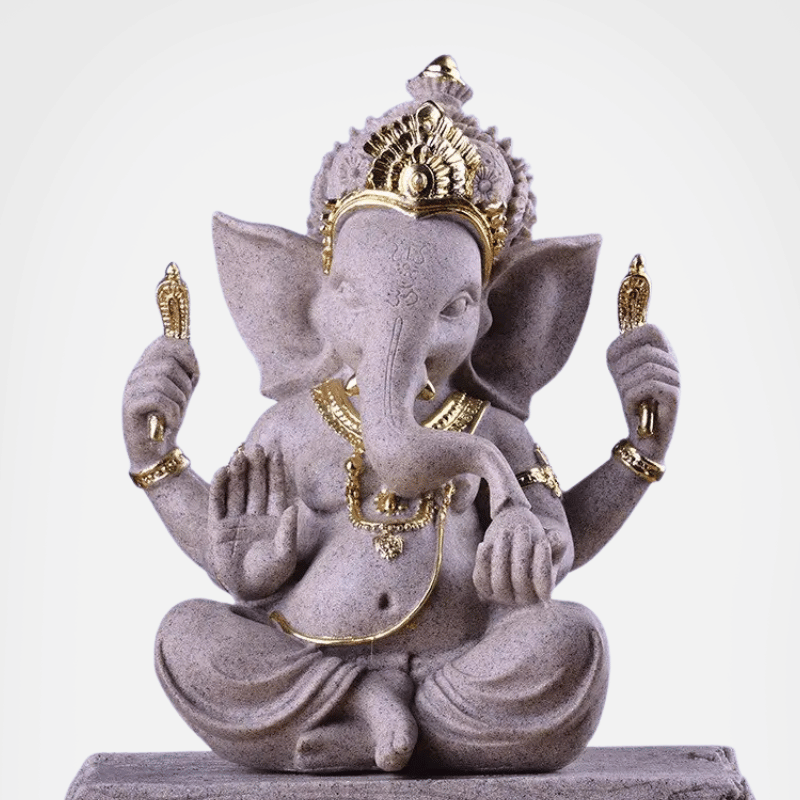What is the philosophy of Buddhism?
What is the philosophy of Buddhism?
Origins and fundamental principles
Buddhism, founded by Siddhartha Gautama in India in the 5th century BCE, is based on the idea of universal suffering and its quest for liberation. Buddhism advocates the Four Noble Truths which are the diagnosis, cause, prognosis and treatment of suffering. By practicing the Noble Eightfold Path, Buddhists seek to achieve enlightenment, liberation from the cycle of rebirth.
The concept of non-self (anatman) is an essential principle of Buddhism, emphasizing the absence of reality and permanence of phenomena and personal identity. compassion, kindness and non-violence are also core values of Buddhism, encouraging inner transformation, ethics and taking awareness of the interdependence of all living beings.
Karma and reincarnation
The concept of karma, which means "action" in Sanskrit, plays an important role in Buddhist philosophy. According to the law of karma, past actions condition present and future experiences. Buddhism teaches that each individual is responsible for his or her own actions and that good actions lead to good consequences, while bad actions generate suffering.
Reincarnation is also a key concept in Buddhism. According to this belief, the soul is reborn into new life forms after death, based on actions and intentions accumulated in previous lives. The cycle of reincarnation is seen as an opportunity to progress spiritually to ultimately free oneself from the cycle of birth and death.
However, Mahayana Buddhism offers a different perspective by proposing the possibility of becoming a Buddha, an enlightened being, who uses his compassion and wisdom to help all living beings achieve enlightenment.
Meditation and spiritual practice
Meditation is a central practice in Buddhism. It allows you to develop concentration, mindfulness and kindness towards yourself and others. Vipassana meditation, also called deep observation, is a popular form of Buddhist meditation that aims to develop wisdom and transcend habitual thought patterns.
Buddhist spiritual practice goes beyond meditation. Buddhists are encouraged to follow the five precepts, which are abstaining from killing, stealing, lying, engaging in inappropriate sexual practices, and consuming intoxicants. Commitment to a spiritual community is also an important aspect of Buddhist practice, providing support and an environment conducive to spiritual growth.
The different schools of Buddhism
Theravada Buddhism, often called "southern Buddhism", is the oldest school of Buddhism and is widespread in Southeast Asia. Theravada followers focus on the search for personal liberation and follow the teachings of the historical Buddha, Siddhartha Gautama.
Mahayana Buddhism, also known as "northern Buddhism", is widespread in East Asia and is characterized by its more inclusive view and belief in bodhisattva, an enlightened being who renounces personal liberation for the sake of all living beings.
Zen and Vajrayana
Zen Buddhism, which developed in China and Japan, emphasizes meditation and the direct search for enlightenment. Zen practitioners focus on direct experience rather than conceptual understanding.
Vajrayana Buddhism, often associated with Tibet, is considered a quicker path to enlightenment. It incorporates ritual practices, mantras and mudras into its philosophy, and reveres figures like the Dalai Lama and Tibetan lamas.
Each school of Buddhism has its own practices and teachings, but all share the same ultimate goal of liberation from suffering and spiritual awakening.
The impact of Buddhism in the modern world
Over time, Buddhism spread far beyond its original lands in Asia and took on many forms adapted to different cultures. Today, many people practice Buddhist meditation and Buddhist teachings to find inner peace and wisdom in the modern world.
Buddhism and science
Buddhism has also established connections with modern science. Buddhist meditation practices have been studied by Western researchers and shown to have benefits for mental and physical health. Certain Buddhist concepts, such as the view of impermanence and interdependence, also find echoes in the fields of quantum physics and philosophy.
In addition, Buddhism has become a subject of interest for many individuals searching for meaning in a world dominated by technology and materialism.
Buddhism and ethics
The Buddhist principles of compassion, benevolence and non-violence find many applications in the field of ethics. More and more people are drawing inspiration from Buddhist teachings to promote sustainable lifestyles, social justice and compassion for all living beings.
In conclusion, Buddhism offers a unique perspective on life and reality. His philosophy is based on universal suffering and the search for liberation from this suffering. The principles of karma, reincarnation, meditation and ethics are important pillars of this ancient tradition. Whether in Asia or the modern world, Buddhism continues to influence individuals and society in their quest for happiness, inner peace and deep understanding.














































